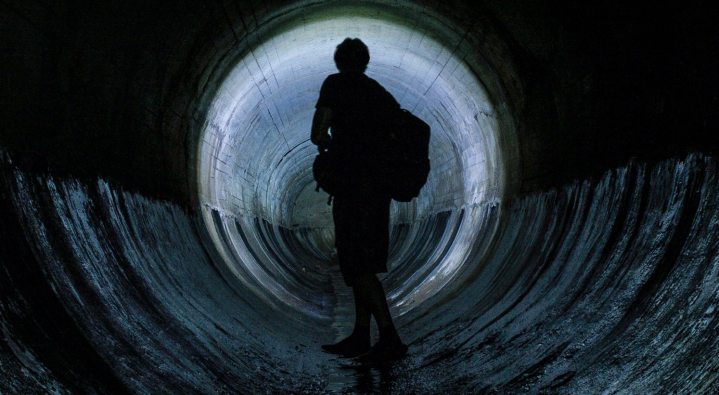Maverick Life, South Africa
Op-Ed: Lack of abortion services puts lives at risk

September 28 marked the Global Day of Action for Access to Safe and Legal Abortion. Amnesty International’s LOUISE CARMODY spoke to a nurse who explains how the lack of resources for safe abortions, despite laws which provide for this essential service, is taking its toll.
Sister Edwards knows first-hand the toll of abortion-related stigma. It is the reason, as one of the few health professionals willing to provide abortions in the Western Cape, she has requested that we do not use her real name. Sister Edwards is the only healthcare professional offering first-trimester abortions in her facility, which in turn is the only primary healthcare facility within one of the Western Cape’s busiest sub-structures that provides the service.
It shouldn’t be like this in South Africa, where the Choice of Termination of Pregnancy Act, enacted in 1996, gives women and girls the right to have an abortion for any reason up until the 12th week of pregnancy and with certain conditions before the 20th week. A few years after the new law was introduced abortion-related deaths were down by 90%. But, in 2015, these essential services remain elusive for many women and girls across the country, especially those in the poorest and most marginalised communities. The lack of available services means many are forced into second-trimester abortions, or, out of desperation, use illegal providers, putting their health and lives at risk.
“Stigma from other professionals is a big barrier,” Sister Edwards explains. “There are still many healthcare providers who put moral and religious issues in front of having to provide the service to the clients. In my facility people don’t want to get involved or go for training on medical abortions because they said it is against their religion.”
United Nations human rights bodies are clear that governments have an obligation to ensure that healthcare workers’ refusal to provide abortion services – or ‘conscientious objection’ – does not violate women’s rights to access quality, affordable, and acceptable sexual and reproductive healthcare services, including abortion.
As a devout Catholic, Sister Edwards understands her colleagues’ concerns. It was the experience of spending time with women and girls and seeing their need for abortions that led her to extend her training. “In the beginning I could not sleep … It was almost as if I was living a double life.”
But her faith has also provided her with the resolve to continue to help. She no longer feels conflicted and regrets the lack of training for healthcare workers which would help them better understand the professional issues involved, reduce the stigma and make informed decisions.
The lack of professionals willing to be involved in any way with abortion care also means there is a dire shortage of post-abortion care for women and girls, especially those who need help in the context of their psychological, relationship and social situations. Care for healthcare workers is also desperately lacking.
Sister Edwards explains that there is no support available for her when dealing with distressing cases – even from her peers. “It is sad … it is not like I can phone somebody and tell them how I feel.”
Sister Edwards sees women from all walks of life and with different situations. She also sees many traumatic cases where patients urgently need an abortion.
“I get children who have been raped, women who are abused. Everybody has a different story and I always say, ‘you should be there to see the women’. The majority have gone through a lot before coming to the decision and some will come and say, ‘Thank you, Sister, I can move forward now, you have helped me’.”
Across the country there is an unacceptable lack of information on where abortions services are provided. This is made worse by some healthcare workers refusing to provide any information at all related to abortion services, mistakes that reflect the lack of guidelines related to conscientious objection. This situation is having dire consequences for patients.
In addition to the great health risks of using illegal abortion providers, Sister Edwards worries that patients also miss out on vital support and information.
“In the time that I have been doing terminations I have noted that the women that understand what is happening, the women that know what to expect, deal with it better.
“I feel that if they do it in the legal health system then they always have someone that they can go to for advice … but with the illegal providers you can’t. And there is no way to know what the tablets are that are given out by illegal providers and there is no contact or information.”
She believes the situation is unlikely to change “until such time that people can say to themselves ‘it is not about me, I am offering a much needed service’ and not worry about people judging them.
“None of my clients walk in with a smile to me. They probably gear themselves up thinking that I am going to grill them, and ask them the ‘whys’ and ‘why didn’t yous’. You have to be there just to listen. When you listen and they embrace the fact that I am here to help them through this situation, it actually becomes better and they feel better.” DM
Photo by darkday.
















 Become an Insider
Become an Insider